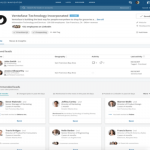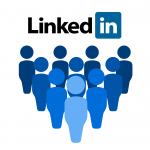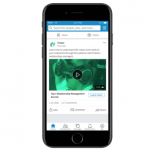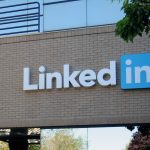The LinkedIn For Women Who Have Taken A Career Break
Jennifer Gefsky is an accomplished professional. After graduating from law school, she was recruited by a New York firm and worked there for several years before becoming vice president and deputy general counsel for Major League Baseball. Her next career move was a bit of a challenge, though.
After the birth of her second child Gefsky felt as though she wasn’t doing her best at being a lawyer or a mother so she left her job. Yet when she tried to get back in eight years later, Gefsky says: “In the eyes of corporate America, this highly capable lawyer with 12 years of legal experience, who worked on incredibly complicated matters for MLB, was perfect for. . . an entry-level job?”
Gefsky’s story may sound familiar to the hundreds of thousands of women who step off the career ladder for personal reasons (many of whom are mothers—but not all) and face a difficult and uncertain path to get back into the workforce. Nearly 75% of those who left their careers said they did so to take care of children, according to the most recent look at the numbers by the Center for Talent Innovation. Just under 90% said they wanted to return to their careers.
Even though that same survey revealed those who left their jobs voluntarily stayed out of the workforce for less than three years, only 40% were able to find full-time work. Part of the problem, Gefsky notes, is that when women quit their jobs to take care of children, they often let their professional networks go. That’s a major source of job referrals that evaporates without nurturing.
So it’s no surprise that Gefsky bonded with Niccole Kroll, a registered dietician who had been conducting research at NYU before she, too, took the off-ramp to care for her children. Together, the two resolved to make it easier for women to get back to work and for companies to find these highly qualified candidates. Last July, they brainstormed a plan for Après.
The site, which they cofounded, launches officially on May 4. It will be a marketplace for both full- and part-time positions, consulting projects, maternity fill-in positions, and pro-bono opportunities across a wide range of industries.
About a dozen initial corporate partners include Gefsky’s former employer Major League Baseball, which she quickly points out was not done in deference to her relationship with them. “Moms are [a large part of the sports] consumer base,” she explains, “So it’s helpful to have that demographic in their workforce.” Others such as the national service organization City Year, the Leukemia and Lymphoma Society, and Sirius are equally committed to gender diversity on their staffs. Gefsky says more companies are coming on board in the next few months.
Après’ membership, which consists of “several thousand” women who signed up to receive notification of the launch, will also have access to editorial content, career coaches, and industry experts who can guide them on the road back to employment.
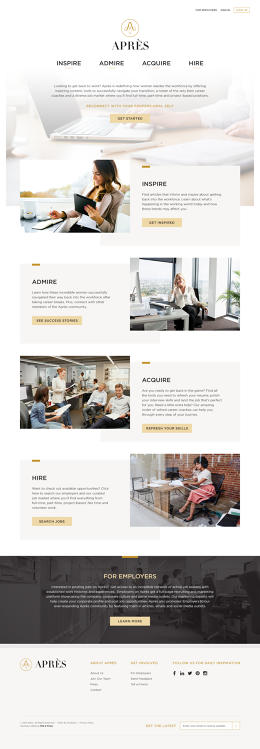
That’s a potentially large number. Based on the data from Center for Talent Innovation and current college and graduate school graduation rates, Gefsky says she’s made an unscientific estimation that there are about three million educated women looking to enter or re-enter the workforce. This is taking companies by surprise, she says, because when older workers opted out, they tended to stay out of the talent pool. “This virtually untapped pool of candidates is an invaluable source of talent for corporate America—they bring a strong skill set, a proven work record, reliability, and life experience,” she says.
Like LinkedIn, Après is free to join and search jobs. Those who want to be found by potential employers can pay $250 per year or a $25 per month charge (with a three-month minimum) for a premium membership.
Companies pay an annual fee on a sliding scale based on their size. Unlike recruiters, Après will not take an additional fee if a candidate is placed through the platform.
It’s a virtually untapped market for employers, Gefsky underscores, particularly as more educated millennial women are heading toward parenthood. Gefsky does maintain, “We don’t discriminate, anyone is welcome to join,” she adds that women are Après’ focus.
As such, Après’ typical member is female around age 35 or older. Gefsky notes that many of the members hold graduate degrees and would be open to alternative types of work. They aren’t bored, she argues, they are looking to get back to work to be financially independent she says, particularly in the wake of divorce, or if their spouse loses their job. “We live longer [than men][/than],” Gefsky observes ruefully, and the price women pay for opting out can sometimes spell poverty in advanced age.
Right now though, Après’ membership is ripe for opportunity. “They are energized and grateful,” she says, “It’s a win-win.”
See how Netflix has made historic progress with parental leave:
Fast Company , Read Full Story
(26)



